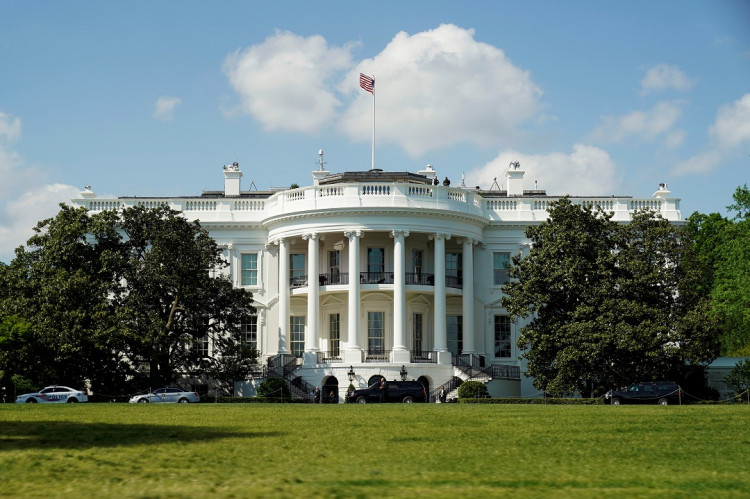In an alarming series of events that underscored the heightened security concerns facing the nation, Capitol buildings across several states were evacuated and searched due to mass-emailed bomb threats. The incidents, which unfolded on Wednesday, disrupted proceedings in Kentucky, Mississippi, Georgia, Connecticut, Michigan, Minnesota, and beyond, causing significant alarm and prompting immediate action from law enforcement agencies.
The unsettling emails, which seemed to be part of a coordinated campaign, claimed explosives had been placed inside state Capitol buildings. Although no specific state was singled out in the emails, the vague and menacing nature of the threats was enough to warrant evacuations. "It was a mass email sent to several (Secretaries of State) and state offices across the country," disclosed Michon Lindstrom, a spokesperson for the Kentucky of Secretary of State's office.
Kentucky Governor Andy Beshear confirmed the unsettling development on X, stating, "While everyone is safe, (Kentucky State Police) has asked everyone to evacuate the state Capitol and is investigating a threat received by the Secretary of State's Office." In similar scenes of caution and concern, other states reported thorough searches of their Capitol buildings, with officials declaring the areas safe after no explosives or suspicious equipment were found.
The threats not only disrupted the daily operations of these state institutions but also raised broader questions about the safety of public officials and the escalating climate of intimidation and violence in American political life. "Sick individuals, who need to be prosecuted, will not stop us from doing our jobs," asserted State Sen. Brice Wiggins of Mississippi on social media.
The FBI issued a statement acknowledging the incidents, emphasizing the seriousness with which they regard such hoaxes. "The FBI takes hoax threats very seriously because it puts innocent people at risk," they stated, urging the public to remain vigilant and report suspicious activities.
The bomb scares come against a backdrop of rising threats against lawmakers, federal judges, and other public figures. This recent spate of bomb threats and other similar incidents, such as swatting calls targeting lawmakers, indicate a potentially tumultuous year ahead for officials across the country.
As the investigations continue, the communities affected by these threats are left to ponder the implications of such disruptive and frightening actions. While the buildings have been cleared and operations have resumed, the psychological impact and the broader implications for public safety and political discourse in America linger.




